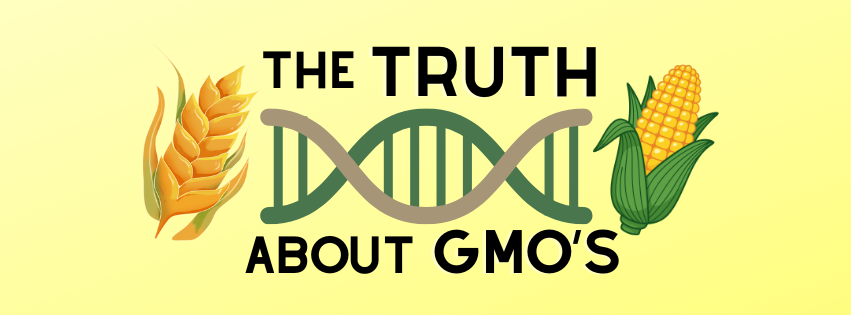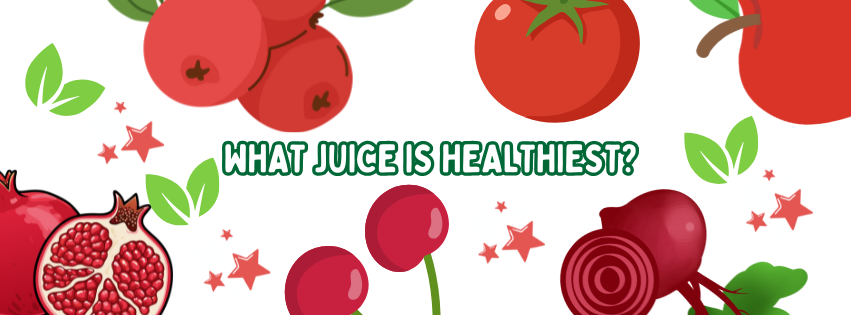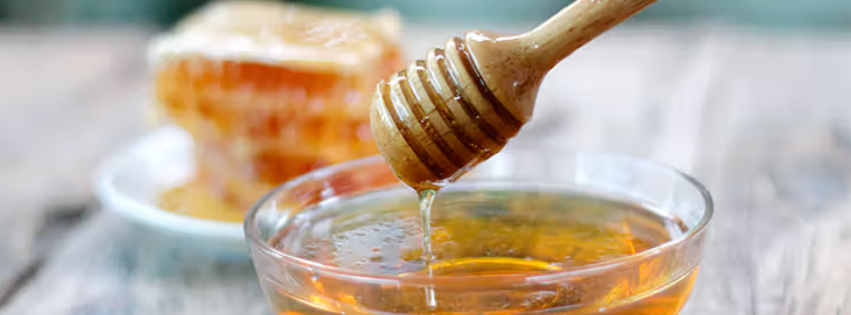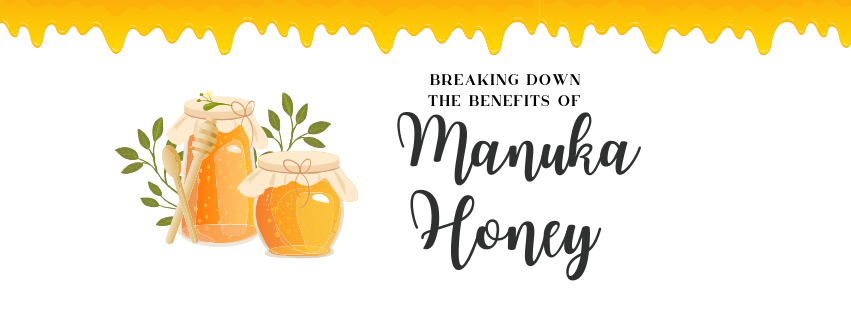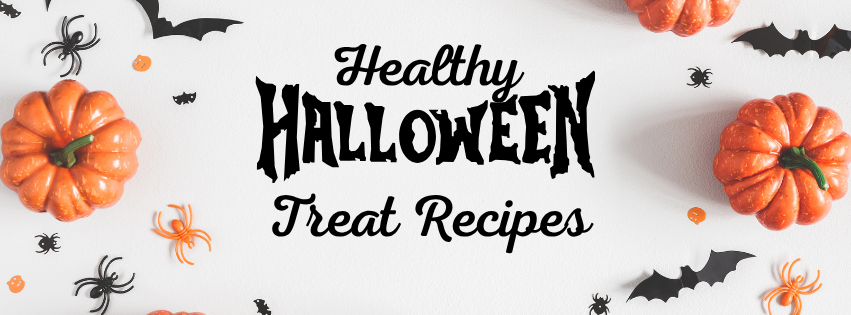
Blog
As you can imagine, after almost 50 years in business, we have learned a lot. On our Blog, you will find lifestyle and wellness advice, gift guides, how-tos, and more. Head over to our
Health Tips
page for articles and guidelines for specific health concerns. Or, click here for
Recipes!
Check out our Wellness Wisdom series, where our Nutritionist Rebecca goes over tips on how you can incorporate wellness in your everyday life.
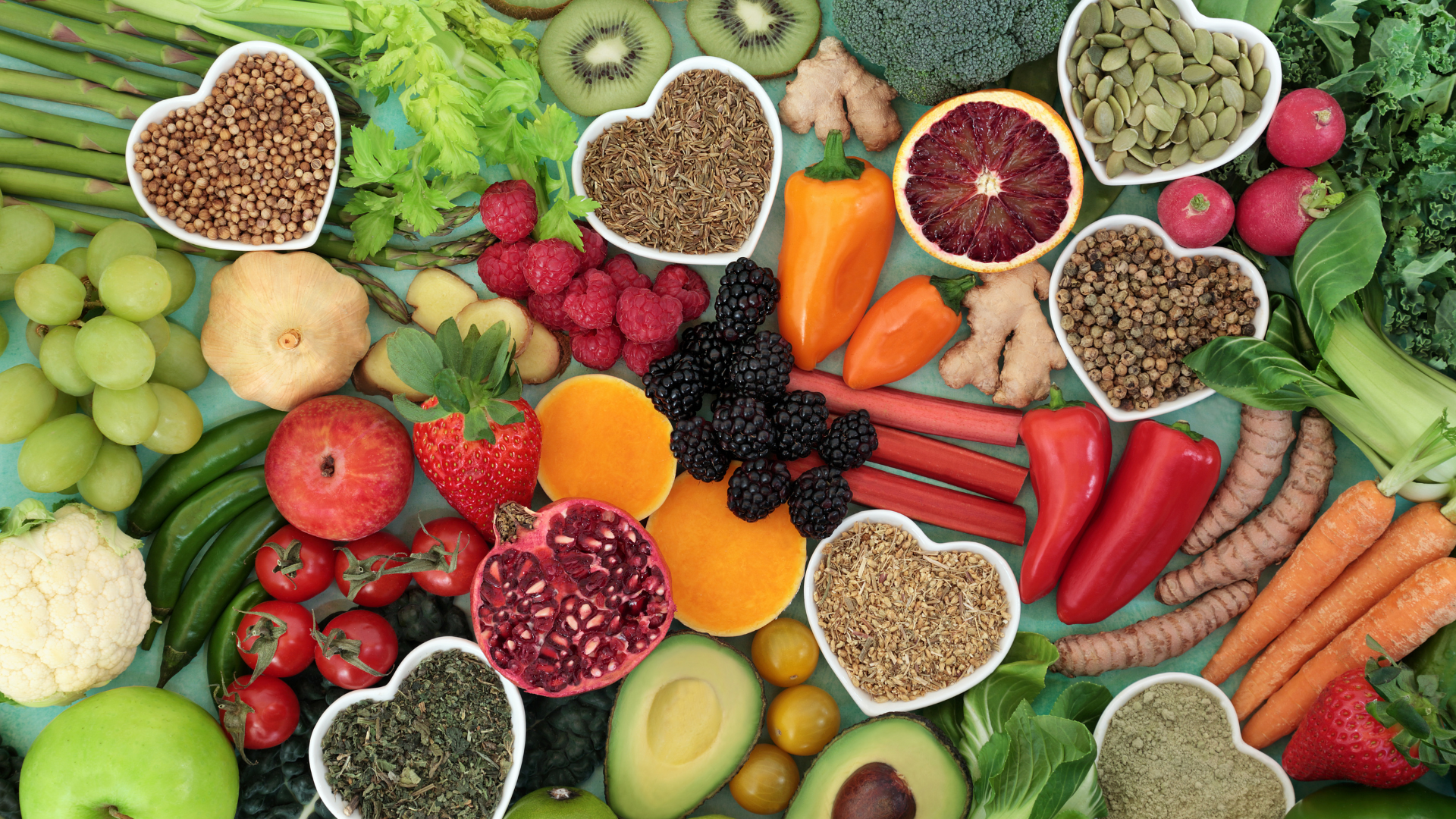
When it comes to our health, it’s often the small, consistent habits we practice each day that have the greatest impact on our long-term health. While genetics play a role, lifestyle choices around nutrition, movement, stress management, and supplementation can significantly support cardiovascular wellness. Here are some simple, everyday habits to help keep your heart strong and resilient: *These suggestions are not intended to replace appropriate professional advice. Please check labels for contraindications and check with your pharmacist if you are on prescription drugs. These suggestions are based on over 40 years of customer experience at Jo Anne’s Place.

The start of a new year can come with a lot of pressure to reset, overhaul, and become a 'better' version of yourself overnight. Traditional New Years' resolutions can feel motivating at first, but can quickly become overwhelming and restricting. Did you know that 88% of people fail their resolution within the first 2 weeks? It makes us wonder why. And we think that it's because they are rooted in an all-or-nothing mindset that doesn't leave room for life's unpredictability. And our resolutions are often things we think we SHOULD do (because of pressure from others, societal standards, etc.) and not things that we actually VALUE. It’s important to ensure you are enhancing your wellness in harmony with your surroundings and your reality. At Jo Anne's Place, we believe the new year is less about drastic change and more about gentle intention. A holistic approach to the new year invited you to build healthy habits that support your body, mind, and lifestyle at a pace that feels sustainable for you. Rather than chasing resolutions, this is an opportunity to tune in, reflect, and choose practices that truly support your long-term wellbeing. If setting goals is your thing, we support that! Just remember to keep them realistic and grounded in your values. If setting resolutions isn't for you, here are some gentler ways to step into the new year:

Feeling the Holiday pressure? In the midst of Winter’s chill and the Holiday rush, your own well-being deserves space to breathe. The natural world around us is slowing down, so why shouldn’t we? Winter invites us to turn inward, and it is especially important to support your mental health during these longer, darker days. Did you know that we, as Canadians, are more prone to Seasonal Affective Disorder due to our northern latitude, which results in less sunlight during the winter? The Holiday season can be equal parts joyful and overwhelming. Schedules get busy, routines slip, and we're surrounded by comfort foods and sweet treats. Between gatherings, travel, and to-do lists, our well-being can take a back seat. Here are some simple tips to keep you grounded, nourished, and feeling your best throughout the season: *These suggestions are not intended to replace appropriate professional advice. Please check labels for contraindications and check with your pharmacist if you are on prescription drugs. These suggestions are based on over 40 years of customer experience at Jo Anne’s Place.

